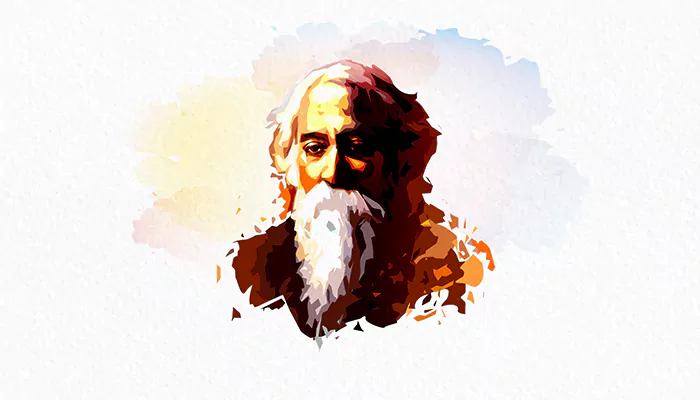Postmodernism and few of its important authors

Postmodernism is a ‘contradictory enterprise: its art forms …use and abuse, install and then destabilized convention…[in] their critical and ironic re-reading of the art of the past’ by Linda Hutcheon in the work named A Poetics of Postmodernism: History, Theory, Fiction (1988).
What is Postmodern Literature?
It is basically a literary movement that does not focus on the direct meaning, instead it focuses on emphasizing the play, fragmentation and dialogism. This is a literary movement that started in the late 1950s and early 1960s as a reaction to the basic essence or meaning of modernist literature. Though the name is quite similar to modern literature, the meaning is absolutely different. Few significant examples of Postmodern literature includeGravity’s Rainbow by Thomas Pynchon, Slaughterhouse-Five by Kurt Vonnegut, and Catch-22 by Joseph Heller. There are also a few theorists who talked about postmodern literature; they are Roland Barthes, Jacques Derrida, Fredric Jameson, Michel Foucault, Jean-François Lyotard and others.
Now, let’s talk about few of the important authors of postmodernism –
Samuel Beckett and Theater of the Absurd
Samuel Becket is one of the significant names in Postmodern literature. His concept, called The Theater of the Absurd, simply breaks the other forms of modern literature. Therefore, it is called an important part and parcel of Postmodernism. One of the greatest examples is Waiting for the Godot (1953), which is an existential narrative. It has two characters who wait for someone ambiguous, named as Godot. However, Godot does not arrive and the play ends in this way.
John Fowles and metafiction
Fowles wrote a type of fiction which is focused on its own construction in a way that an audience is always reminded that they are viewing a fictional work. One such example is The French Lieutenant’s Woman (1969) which is an example of a historical novel and a metafiction as well. The narrator of the story becomes an important part of it which offers multiple ways of ending the fiction.
Thomas Pynchon
Thomas Pynchon is specifically known for his masterpiece called Gravity’s Rainbow (1973) which is undoubtedly a specimen of Postmodern literature. In this novel, using the complex structure, fragmented thoughts he sheds light on different subjects like culture, social science, obscenity and classicism. The Crying of Lot 49 (1965) is another example that incorporates a huge amount of silly wordplay but within the context which is full of seriousness. It is also the shortest of Pynchon’s novels.
Lastly, we want to end the discussion with one of Becket's lines; though it’s a bit pessimistic but as Becket says - “You're on Earth. There's no cure for that.”











